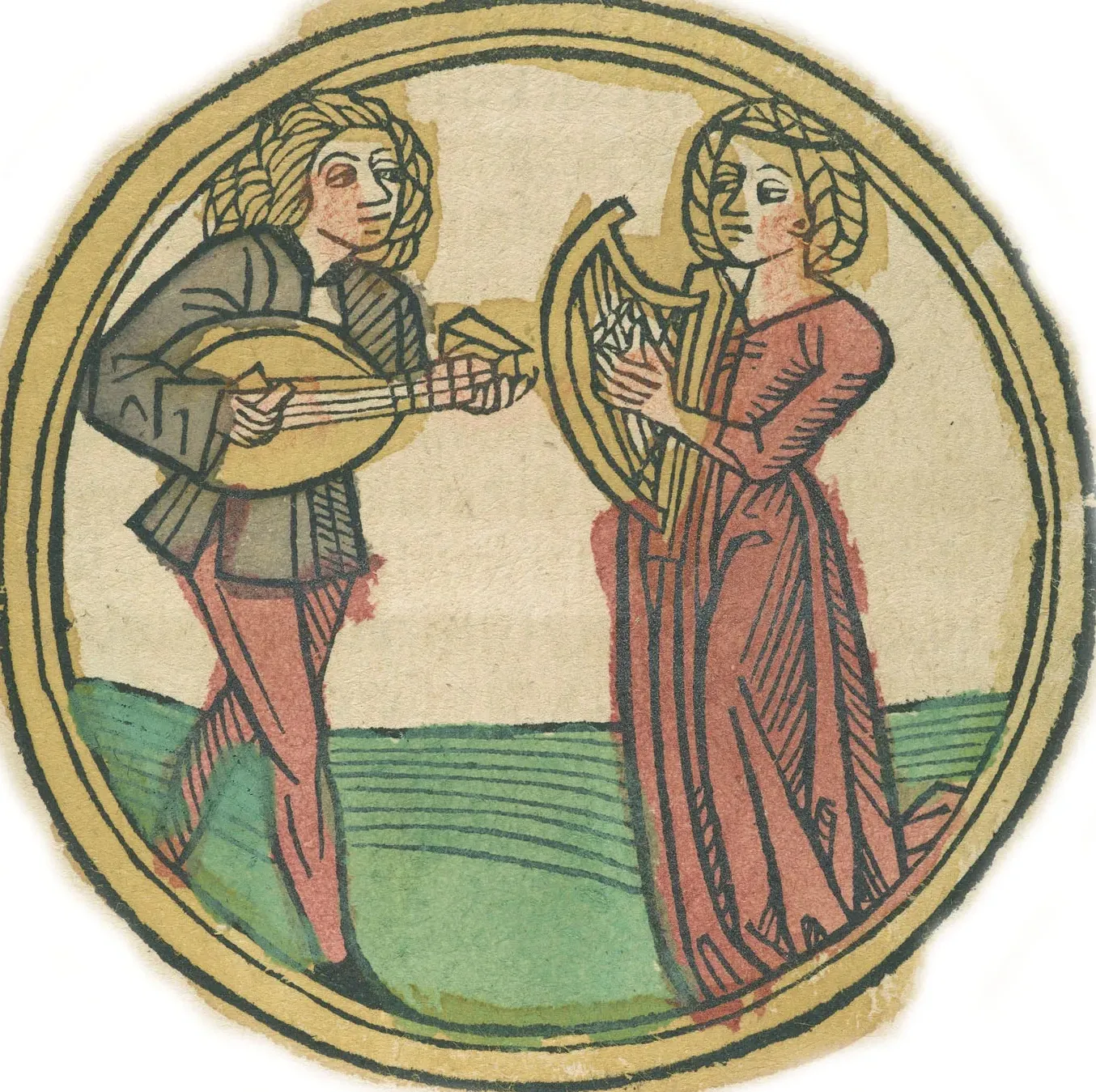Recently published an essay on the anxieties and fears of the years between 1900-1914, and how they bear surprising similarities to today. Explores the breakdown of meaning, psychological ailments, information overload, accelerating technological change, the crisis of masculinity, and great power politics.
The years between 1900-1914 have appropriately been called by historian Philipp Blom as the “vertigo years.” To find your footing in this dizzying period so often meant jumping into the unknown or, as many did, sleepwalking through it and hoping things would sort themselves out. Technological innovation remade cities into bustling metropolises, and the rapid transformation caused many to question what they once took for granted. As possibilities opened up, some artists and writers even found the newfound freedom exhilarating. While few truly expected the breakout of World War I in 1914, the uneasy atmosphere made the unthinkable possible. As writer Robert Musil wrote after the war, “we were simply lacking the concepts with which to absorb that which we experienced.” The vertigo years passed like a visceral dream.
...
You can’t help but read Blom’s The Vertigo Years (2008) with today in mind. Like then, our present is defined by its relentless pace. The states and people involved are clearly different, but that vertigo feeling has now expanded to include all of us, since for the first time roughly half of the world is part of the middle class and the vast majority is plugged in online. We are all arguably going through our own vertigo years, with similar anxious uncertainties about the future.


Jump in the discussion.
No email address required.
Notes -
I agree, one can also see elements of the pre-WW1 crisis slide ('22 war in Ukraine, '23 Israel war, '25 Iran-Israel conflict), a gradually heightening sense of hysteria about foreign threats and this looming drama of '27 being the year when it all kicks off: AI and China-Taiwan.
More options
Context Copy link
One especially funny detail from that era is that you saw a lot of people nostalgically pining for their idyllic childhoods back in the Nineties... the 1890s.
More options
Context Copy link